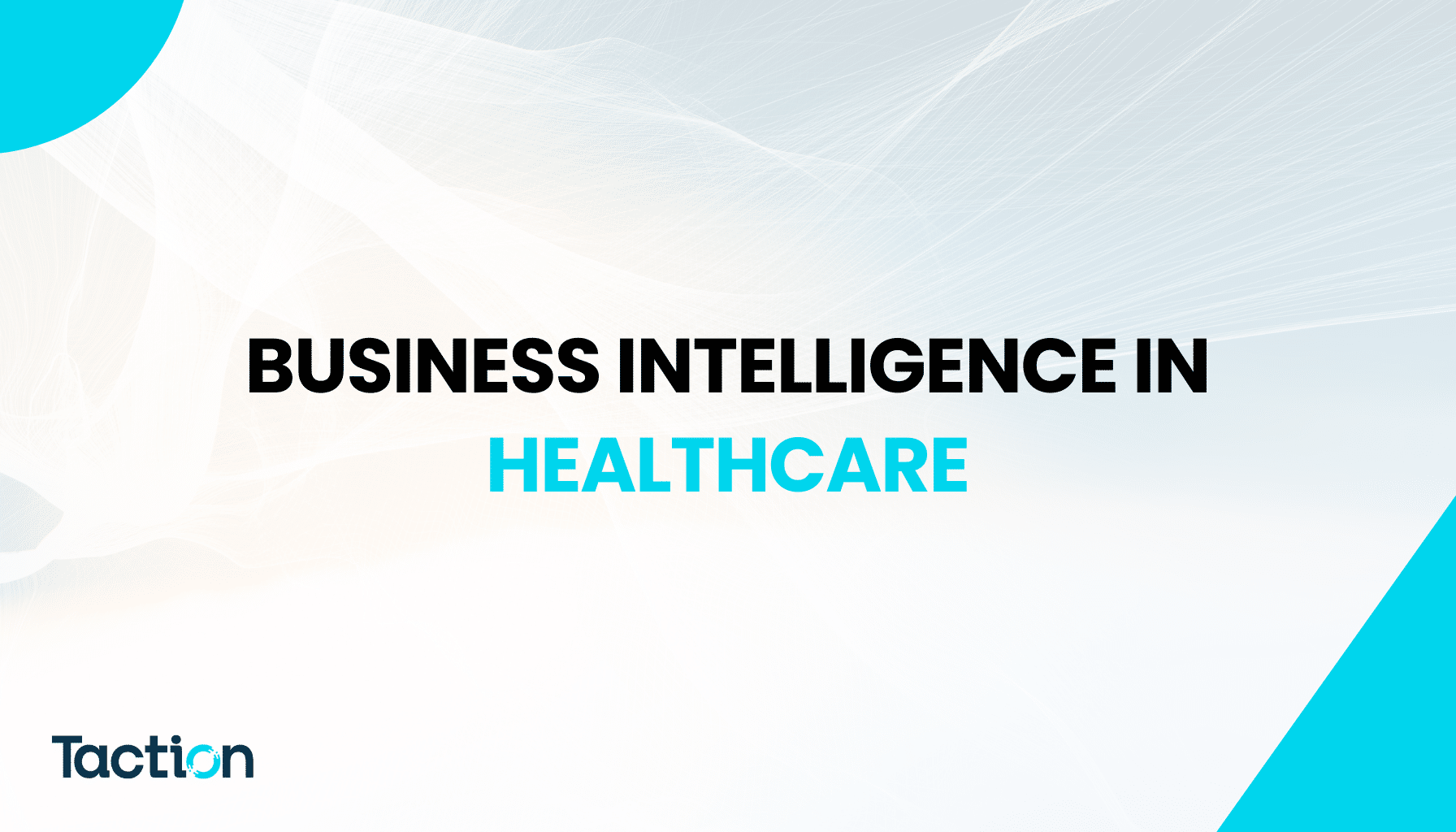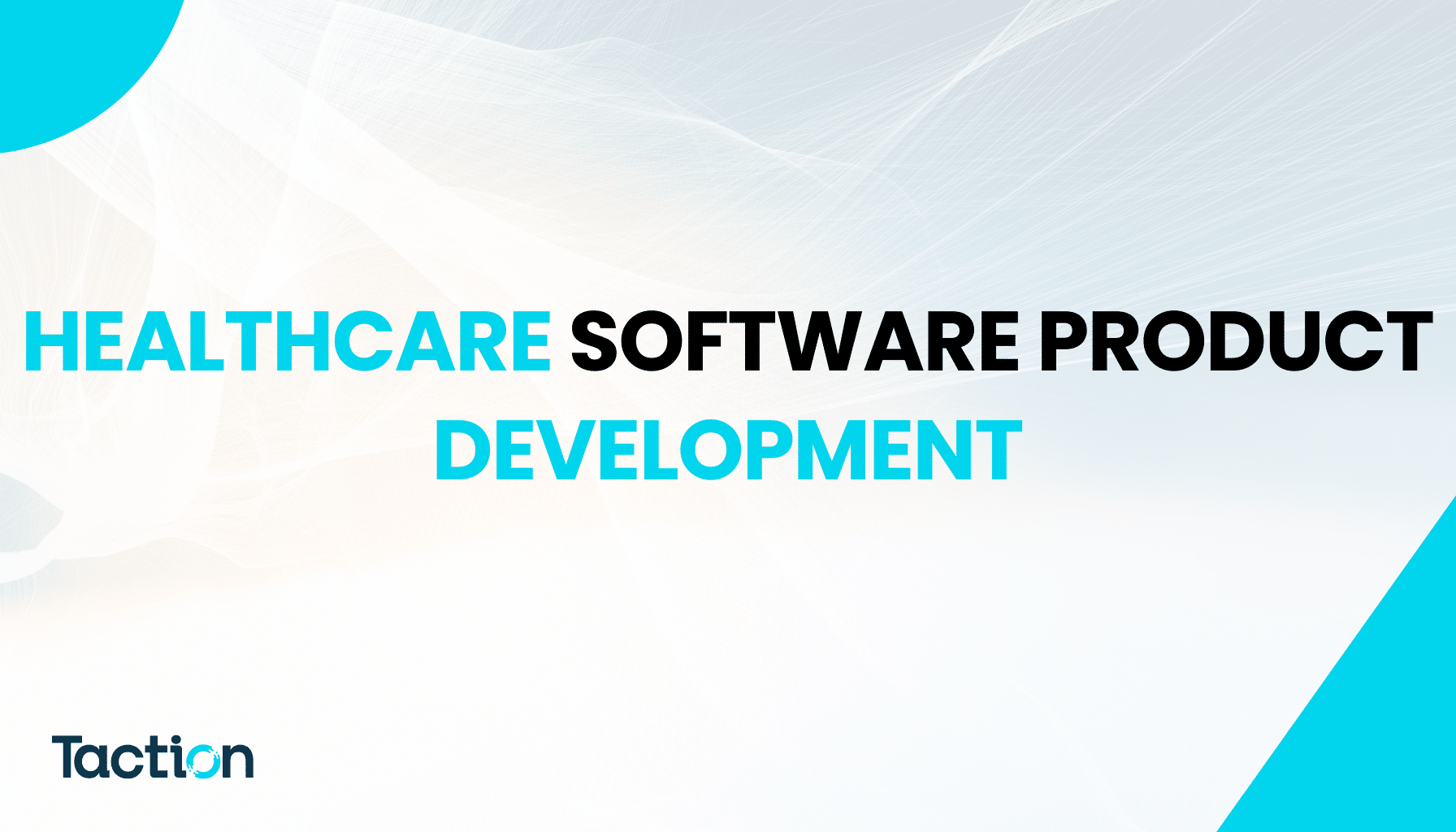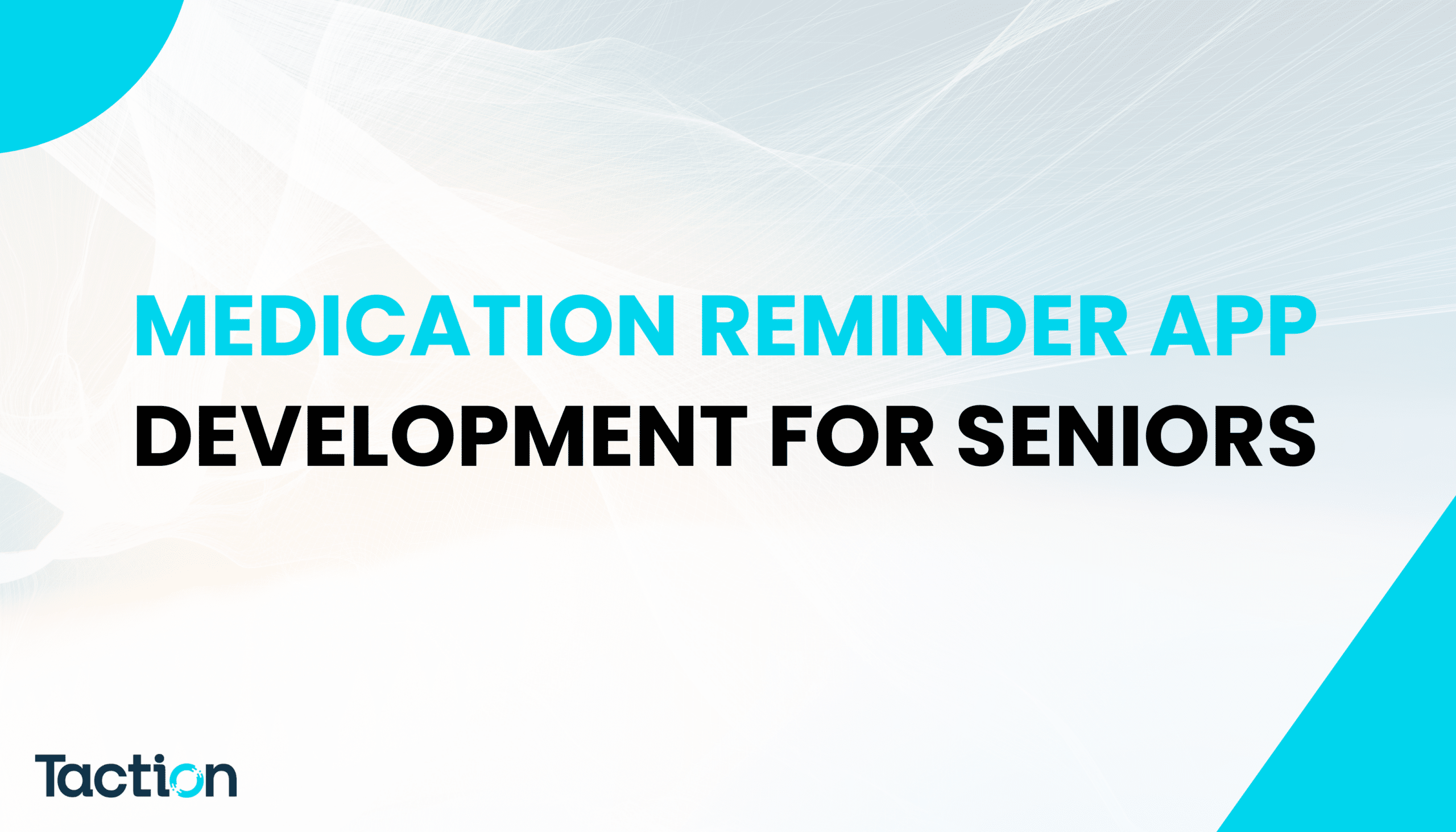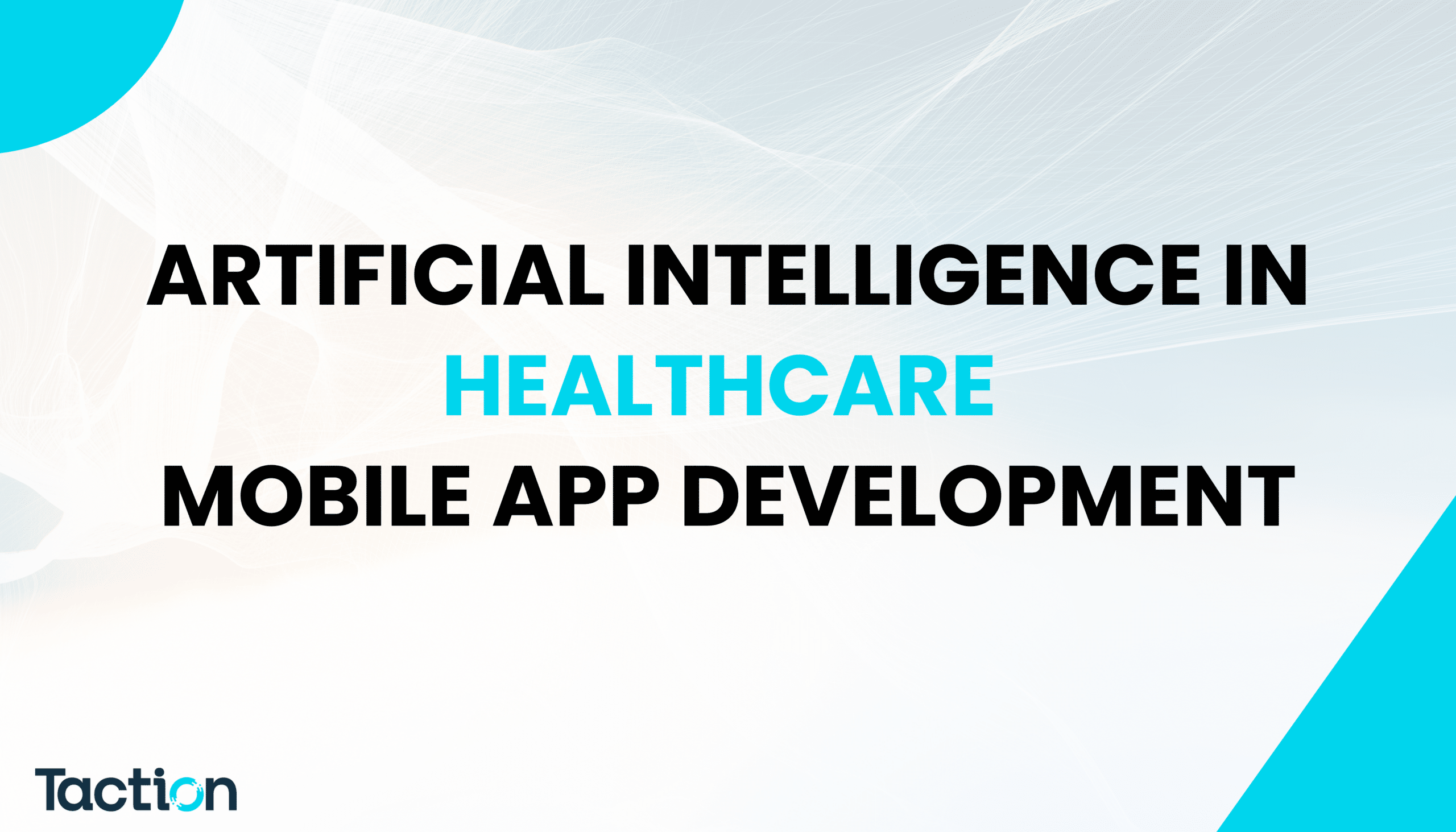Harnessing the Power of Business Intelligence in Healthcare
In today’s healthcare environment, business intelligence in healthcare has become a cornerstone for driving better outcomes and smarter operations. It empowers hospitals, clinics, and health systems to convert complex data into meaningful strategies that improve care delivery, streamline operations, and enhance decision-making.
Healthcare organizations deal with massive volumes of information daily—ranging from patient histories and diagnostic reports to staffing schedules and billing records. Business intelligence tools organize and analyze this information to reveal trends, pinpoint inefficiencies, and highlight opportunities for growth. These insights help institutions allocate resources wisely, reduce delays in care, and elevate the overall patient experience.
As expectations for quality and affordability rise, the importance of timely, data-backed decisions has never been greater. Business intelligence in health enables professionals to forecast patient admission trends, monitor performance metrics, identify gaps in care, and respond proactively to emerging challenges.
Whether it’s reducing readmission rates or enhancing operational workflows, business intelligence acts as a strategic compass—guiding healthcare organizations toward measurable improvement and sustainable success.
![How Healthcare Business Intelligence Is Improving Patient Care 1 Healthcare Business Intelligence Market Size 2024 to 2034 [USD Billion]](https://www.tactionsoft.com/wp-content/uploads/2025/01/1-307-459-0850-3-1024x585.png)
The Role of Business Intelligence in Health
Business intelligence in health refers to the systematic use of tools, technologies, and methodologies to analyze complex healthcare data and convert it into actionable insights. In today’s healthcare environment, BI is a vital asset—enabling hospitals, clinics, and health systems to make informed decisions that enhance patient care, streamline operations, and strengthen financial performance.
Healthcare organizations generate vast amounts of data from electronic health records (EHRs), patient management platforms, billing systems, and clinical workflows. Business intelligence solutions help make sense of this data, uncovering patterns, monitoring key performance indicators, and forecasting future challenges. With real-time insights at their fingertips, healthcare professionals can respond faster and more effectively to both clinical and operational demands.
The BI process typically unfolds in several stages:
Data Collection – Information is gathered from diverse sources such as patient records, administrative software, and clinical systems.
Data Preparation – The collected data is cleaned, standardized, and stored in a centralized system to ensure accuracy and consistency.
Analysis and Insight Generation – Techniques such as data mining, statistical modeling, and forecasting are applied to uncover hidden trends and generate valuable insights.
Visualization and Reporting – Findings are presented through user-friendly dashboards and reports, allowing decision-makers to quickly grasp complex information and act accordingly.
By embracing business intelligence in health, organizations can pinpoint inefficiencies, reduce unnecessary costs, and elevate the standard of care. These solutions also support regulatory compliance and help organizations remain agile in a constantly evolving healthcare landscape.
Ultimately, business intelligence is more than just data management—it’s a strategic tool that turns raw information into meaningful action, driving measurable improvement across every aspect of healthcare delivery.
Artificial Intelligence in Healthcare Mobile App Development
Driving Smarter Care with Business Intelligence in Health
Business intelligence in healthcare has become an indispensable strategy for healthcare providers striving to address rising costs, streamline operations, and enhance patient outcomes. By turning complex data into actionable insights, BI enables hospitals, clinics, and health systems to make smarter, faster, and more effective decisions.
One of the core strengths of business intelligence is its ability to optimize how healthcare resources are managed. BI platforms offer real-time visibility into staffing levels, equipment usage, and patient flow. For instance, predictive models can highlight peak admission periods, helping administrators schedule staff more efficiently, avoid bottlenecks, and maintain high standards of care even during high-demand periods.
Another transformative aspect of BI is the power of data visualization. Through interactive dashboards and intuitive reports, healthcare teams can interpret large datasets quickly and identify patterns that drive better clinical and operational decisions. A hospital might track readmission rates using BI tools, instantly spotting departments or conditions that require additional support—leading to targeted improvements and better patient care.
Moreover, business intelligence in health enables personalized and proactive care. By analyzing patient data over time, BI tools help identify risk factors and track treatment progress. Healthcare organizations can monitor chronic disease management programs, ensuring timely follow-ups, reducing preventable complications, and improving overall outcomes.
In today’s data-rich healthcare landscape, the impact of business intelligence goes far beyond cost savings. It fosters a culture of continuous improvement, drives better resource utilization, and supports regulatory compliance. For healthcare institutions aiming to thrive in a dynamic and competitive environment, business intelligence is not just helpful—it’s essential.
Big Data Analytics Solutions for Healthcare Mobile Applications
Ready to unlock smarter healthcare decisions?
Exploring the Impact of Business Intelligence in Health
Business intelligence in health is reshaping the way healthcare organizations operate by transforming raw data into meaningful insights. With the help of robust BI solutions, providers can enhance patient outcomes, streamline day-to-day operations, control rising costs, and make data-informed decisions with greater confidence. Predictive analytics, as part of a broader BI strategy, enables healthcare systems to anticipate trends, manage resources proactively, and respond to patient needs more effectively.
Below are some of the most impactful applications of business intelligence in healthcare:
1. Patient Care Optimization
At the heart of business intelligence in health is the mission to elevate the quality of patient care. By drawing insights from diverse data sources—such as electronic health records (EHRs), lab results, and diagnostic tools—BI platforms help healthcare providers uncover meaningful patterns in patient behavior, conditions, and treatment responses.
These insights enable truly personalized care. Providers can identify high-risk individuals early, predict potential complications, and implement timely interventions. For instance, by analyzing historical trends, a BI system can flag patients likely to develop chronic conditions, prompting preventive care that avoids hospital readmissions.
With a shift from reactive to proactive care, business intelligence in health empowers providers to deliver better, faster, and more effective treatment—ultimately improving both clinical outcomes and patient satisfaction.
2. Operational Efficiency Improvement
Business intelligence in health plays a crucial role in optimizing the daily operations of healthcare organizations. From resource management to staff scheduling, BI tools provide real-time insights that enable smoother, more efficient workflows across departments.
By analyzing performance metrics and historical trends, healthcare administrators can predict patient admission surges, adjust staffing levels accordingly, and manage bed occupancy more effectively. This proactive approach minimizes wait times, avoids resource strain, and ensures better coordination between clinical and administrative teams.
The result? Fewer delays, reduced operational costs, and improved patient satisfaction—all driven by smarter, data-informed decisions supported by business intelligence.
3. Cost Reduction and Financial Performance
One of the key benefits of business intelligence in health is its ability to improve financial outcomes. Healthcare organizations operate under tight budgets and growing cost pressures. BI tools help identify areas of unnecessary spending, such as underused equipment, overstaffing, or duplicated procedures.
With detailed financial dashboards and expense tracking, administrators can make smarter budget allocations and reduce waste. For example, BI can highlight high-cost patient cases or departments with recurring inefficiencies—enabling corrective action before costs spiral.
By improving transparency and accountability, business intelligence not only protects the bottom line but also ensures that resources are invested where they create the most value for patients and staff alike.
4. Predictive Analytics for Healthcare Trends
One of the most valuable strengths of business intelligence in health is its ability to predict what’s ahead. By analyzing both real-time and historical data, BI tools can forecast important healthcare trends—such as seasonal illness patterns, patient influx, or the potential spread of diseases.
This foresight helps healthcare organizations prepare in advance. Whether it’s stocking essential medications, increasing staffing during peak periods, or adjusting bed capacity, predictive analytics enables timely and informed decisions. It also plays a critical role in public health planning by identifying emerging risks early, allowing for quicker intervention and policy response.
With predictive capabilities, business intelligence empowers healthcare leaders to stay ahead of challenges rather than simply react to them.
Conclusion: The Future of Healthcare Runs on BI
The impact of business intelligence in health goes far beyond charts and reports. It reshapes the way care is delivered, how operations run, and how resources are managed. From enhancing patient care to boosting financial performance and anticipating future trends, BI equips healthcare providers with the clarity and confidence to make smarter decisions.
In today’s data-driven world, relying on guesswork is no longer an option. Business intelligence has become the foundation for modern, proactive, and sustainable healthcare—helping organizations deliver better outcomes while staying financially resilient.
Challenges in Implementing Business Intelligence for Healthcare
While business intelligence in health holds great promise, turning that promise into reality is not without obstacles. Healthcare organizations must navigate several key challenges to successfully implement and scale BI solutions.
Data Privacy and Security
Patient data is highly sensitive, and protecting it is a top priority. Ensuring full compliance with regulations like HIPAA requires secure data storage, access controls, and ongoing monitoring. Any BI implementation must include strong safeguards to prevent breaches and protect patient confidentiality.
System Integration
Healthcare providers often use multiple systems—electronic health records, billing software, lab systems, and more. Integrating these into a single BI platform can be complex. Without seamless integration, the data remains siloed, limiting the effectiveness of analytics.
Data Quality and Consistency
BI tools are only as reliable as the data they process. Inconsistent formatting, missing values, and duplicate records can lead to inaccurate insights. Establishing clear data governance practices is essential for ensuring data integrity.
High Initial Investment
Implementing a BI solution involves upfront costs—software licensing, infrastructure upgrades, and staff training. While the long-term benefits often outweigh the expense, the initial investment can be a barrier, especially for smaller healthcare organizations.
User Adoption and Training
Even with the right tools in place, success depends on user adoption. Healthcare staff must be trained not just to operate BI platforms, but also to understand and apply the insights. Without a data-literate workforce, the value of business intelligence remains untapped.
🚀 Streamline care, cut costs, and make informed decisions.
Benefits of Business Intelligence in Healthcare

Business intelligence in health is redefining how healthcare organizations operate, make decisions, and care for patients. By turning raw data into real-time, actionable insights, BI tools empower providers to work smarter, respond faster, and deliver better outcomes at every level of the healthcare system.
Here are some of the key benefits:
Improved Patient Care
BI enables healthcare professionals to track patient histories, monitor treatment effectiveness, and identify high-risk cases early. This leads to more accurate diagnoses, personalized treatment plans, and faster interventions—ultimately improving patient outcomes.
Enhanced Operational Efficiency
From managing staff schedules to optimizing the use of medical equipment, BI tools streamline hospital operations. Real-time dashboards and performance metrics allow administrators to reduce delays, minimize waste, and boost productivity across departments.
Better Financial Management
By identifying patterns in billing, claims, and resource usage, business intelligence helps healthcare organizations control costs and maximize financial performance. Budget planning and forecasting become more accurate, reducing unnecessary spending.
Data-Driven Decision Making
BI tools provide leadership teams with timely insights that support evidence-based decisions. Whether it’s evaluating clinical performance, planning capacity, or responding to emergencies, decisions backed by data lead to more predictable and effective results.
Regulatory Compliance and Reporting
Meeting healthcare regulations requires accurate and timely reporting. Business intelligence simplifies compliance by automating data collection, ensuring accuracy, and generating detailed reports needed for audits and certifications.
In conclusion, healthcare BI platforms are essential for driving innovation and efficiency in the industry. By harnessing the power of data analytics in healthcare, organizations can deliver better care, optimize operations, and achieve sustainable growth in an increasingly competitive landscape.
How Taction Software Supports Business Intelligence in Health
At Taction Software, we specialize in delivering customized business intelligence in health solutions that empower healthcare organizations to make smarter, data-driven decisions. Our tailored BI platforms are designed to meet the unique needs of hospitals, clinics, and healthtech companies—helping them transform data into clear, actionable insights.
We go beyond off-the-shelf tools by creating scalable, secure, and HIPAA-compliant solutions that integrate seamlessly with existing systems like EHRs, billing software, and clinical databases. From performance dashboards to predictive analytics, we equip providers with the tools they need to:
Improve clinical outcomes through personalized care insights
Enhance operational efficiency by identifying and eliminating workflow bottlenecks
Strengthen financial performance with real-time cost and revenue tracking
Support compliance with automated reporting and audit-ready data visibility
Whether you’re looking to monitor patient trends, optimize resources, or plan for future growth, Taction Software’s expertise in healthcare BI ensures you get the right insights at the right time—delivered in a way your team can understand and act on.
With a proven track record in healthcare technology, we help you turn your data into a strategic asset that drives measurable results.
BI Tools Integration
At Taction Software, we focus on seamlessly integrating business intelligence tools into the core of your healthcare ecosystem. Our expertise lies in connecting advanced BI platforms with existing systems such as electronic health records (EHRs), patient management software, lab information systems, and diagnostic platforms.
This unified integration ensures that all critical data—clinical, administrative, and financial—is centralized and easily accessible through a single framework. By streamlining data flow across departments, we help healthcare providers eliminate silos, automate data collection, and maintain interoperability across platforms.
The result? A complete, real-time view of your organization’s performance—enabling smarter decisions, faster responses, and more efficient care delivery, all powered by business intelligence in health.
Data Visualization
At Taction Software, we make complex healthcare data easier to understand through intuitive and insightful data visualization. By leveraging powerful business intelligence dashboards, we enable healthcare organizations to translate vast amounts of information into clear, visual insights.
Our custom-built, interactive dashboards and real-time reports give decision-makers—from hospital administrators to clinical teams—quick access to key performance indicators (KPIs), patient trends, and operational metrics. These tools help identify what’s working, where gaps exist, and how to improve efficiency and care delivery.
With business intelligence in health, our visual analytics solutions turn raw data into a powerful decision-making asset—enhancing visibility, accountability, and results across your organization.
Predictive Analytics
action Software empowers healthcare organizations with predictive analytics that bring foresight into everyday decision-making. By analyzing historical trends and real-time data, we help providers uncover patterns that reveal what’s likely to happen next.
Whether it’s forecasting patient volumes, anticipating seasonal illness spikes, or identifying individuals at risk for chronic conditions, our predictive models support proactive planning and smarter resource allocation. This level of preparedness not only improves patient outcomes but also helps reduce avoidable costs and operational strain.
Through our tailored approach to business intelligence in health, we enable healthcare teams to stay one step ahead—turning insights into action before challenges arise.
BI Consulting for Healthcare
At Taction Software, our BI consulting services are designed to help healthcare organizations unlock the full potential of their data. We work hand-in-hand with stakeholders to assess existing systems, identify gaps, and develop tailored strategies that align with clinical, operational, and financial goals.
From roadmap planning to full-scale implementation, we guide providers through every stage of their business intelligence in health journey—ensuring that each initiative delivers measurable value. Our consulting approach emphasizes clarity, scalability, and impact, helping organizations adopt BI solutions that drive real-world results.
By partnering with Taction Software, healthcare teams gain the tools and guidance needed to make smarter decisions, improve patient outcomes, and achieve long-term operational excellence.
Appointment Scheduling App for Healthcare Providers in the US
📊 Turn your healthcare data into actionable insights.
Future Trends in Business Intelligence for Healthcare
The future of business intelligence in health is poised to bring even greater transformation across the industry. As healthcare organizations continue to embrace data as a strategic asset, several emerging trends are shaping the next generation of BI solutions.
Real-Time Analytics and Monitoring
Healthcare is moving toward instant insights. BI platforms are evolving to provide real-time dashboards that monitor patient vitals, resource usage, and clinical performance on the spot—enabling immediate action and faster decision-making.
Integration with Wearable Devices
The rise of wearable health technology is creating new data streams. From fitness trackers to remote monitoring tools, BI systems are increasingly integrating this data to support personalized care and long-term health tracking.
Advanced Data Visualization
As datasets grow more complex, the need for smarter, more interactive visualizations becomes critical. Future BI tools will offer deeper customization and clearer storytelling through visuals—making it easier for all stakeholders to understand and act on insights.
Predictive and Preventive Care
Business intelligence is expected to play a larger role in forecasting health risks and supporting preventive care strategies. More organizations will rely on BI to guide public health initiatives, manage chronic conditions, and reduce avoidable hospital visits.
Interoperability and Unified Data Platforms
The future of BI in healthcare lies in seamless data exchange. Enhanced interoperability will allow BI tools to pull information from multiple systems, giving providers a single, unified view of both patients and operations.
Conclusion: Why Business Intelligence is the Backbone of Modern Healthcare
As healthcare becomes more complex and data-driven, the need for clear, actionable insights is more important than ever. Business intelligence in health empowers organizations to improve patient care, optimize operations, reduce costs, and plan for the future with confidence.
From real-time dashboards to predictive analytics and consulting support, BI has evolved into a must-have strategy for providers aiming to deliver high-quality care while maintaining financial sustainability. With the right tools and partners—like Taction Software—healthcare organizations can turn information into innovation, and insights into impact.
Business intelligence is no longer optional—it’s the foundation of a smarter, more responsive healthcare system.
Healthcare Software Modernization for Legacy Systems in the USA
❓ Frequently Asked Questions (FAQs)
Business intelligence in healthcare refers to the use of tools and techniques that collect, analyze, and visualize healthcare data to support better decision-making. It helps providers improve patient care, streamline operations, and manage costs more effectively.
BI enables healthcare providers to analyze patient data from various sources to identify trends, predict risks, and personalize treatment plans. This leads to early interventions, fewer readmissions, and better overall outcomes for patients.
Modern BI solutions can integrate with electronic health records (EHRs), billing software, diagnostic platforms, lab systems, and even wearable devices. This ensures a unified view of all critical clinical and operational data.
While there is an initial investment in software and integration, the long-term benefits of BI—such as reduced costs, better resource allocation, and improved decision-making—often outweigh the upfront expenses.
Taction Software provides end-to-end BI solutions tailored for healthcare. From system integration and data visualization to predictive analytics and consulting, we help healthcare organizations turn data into actionable insights that drive measurable results.









